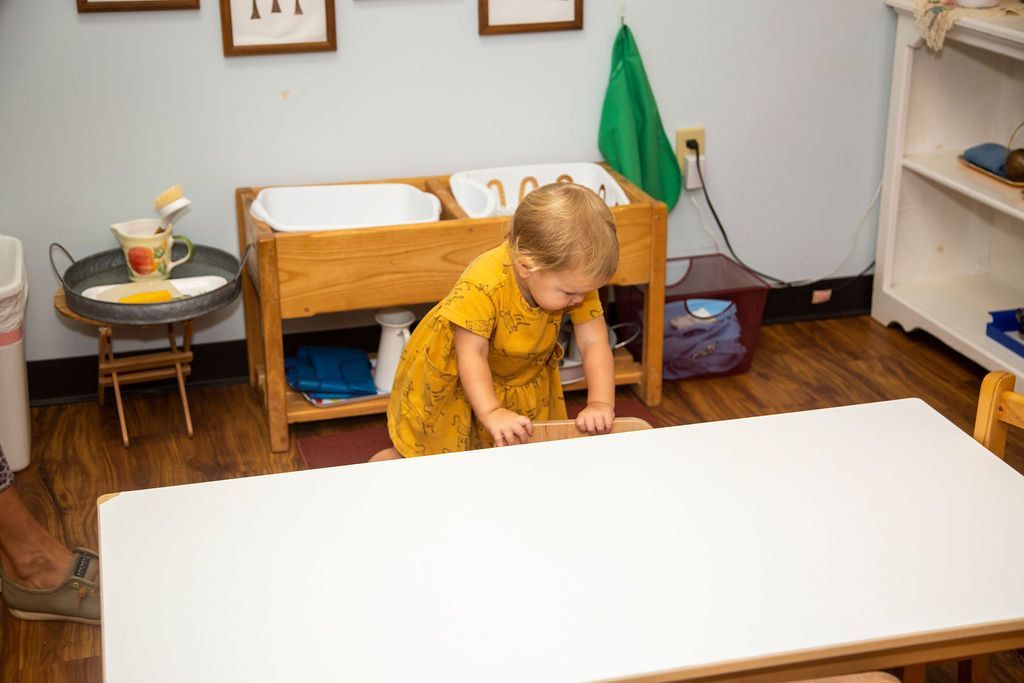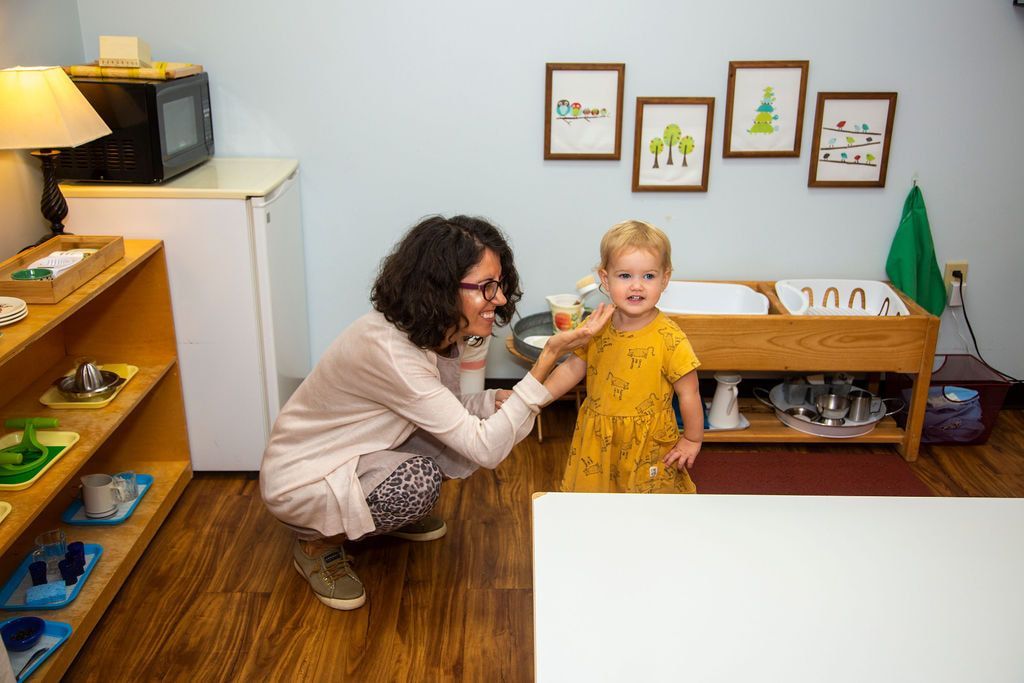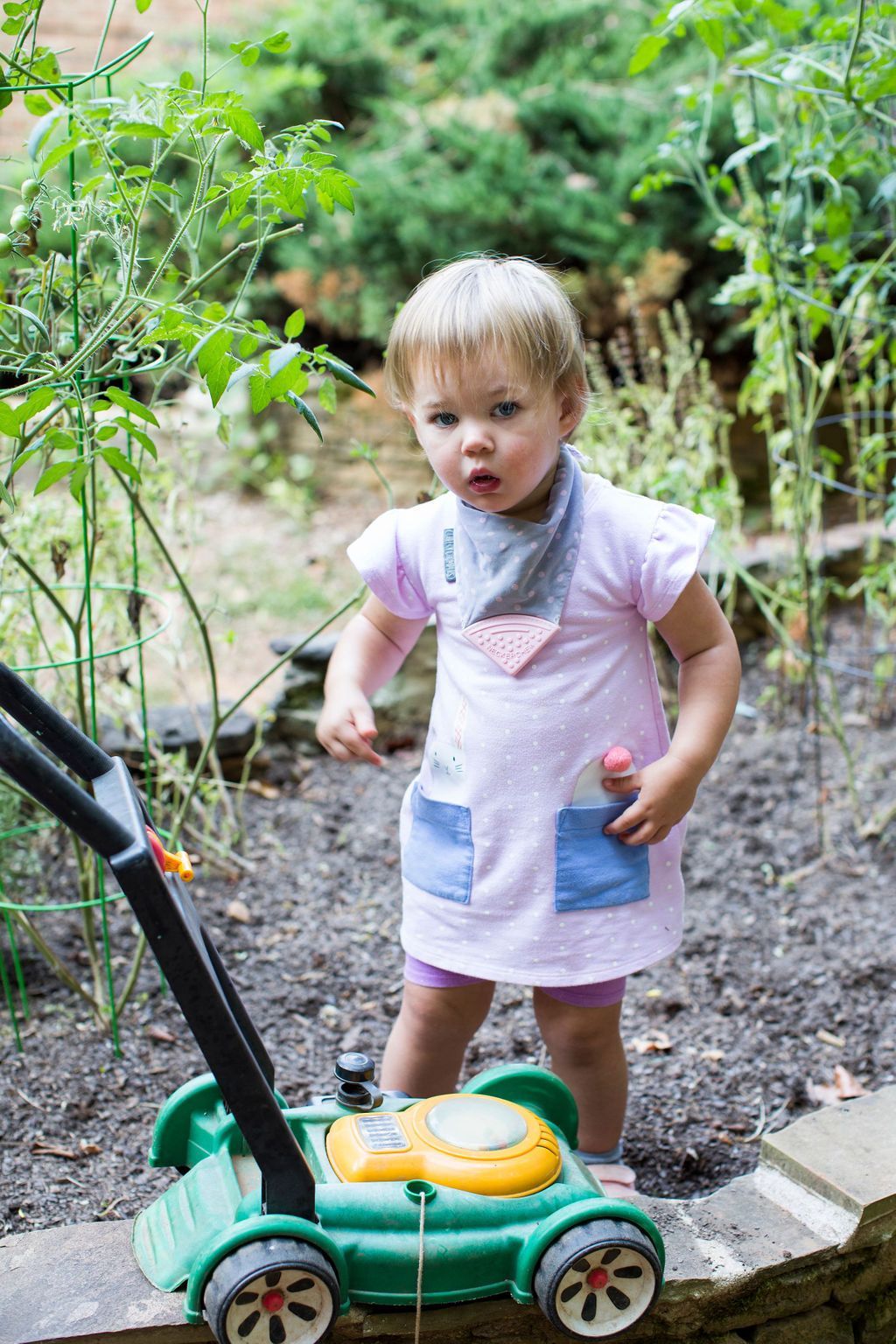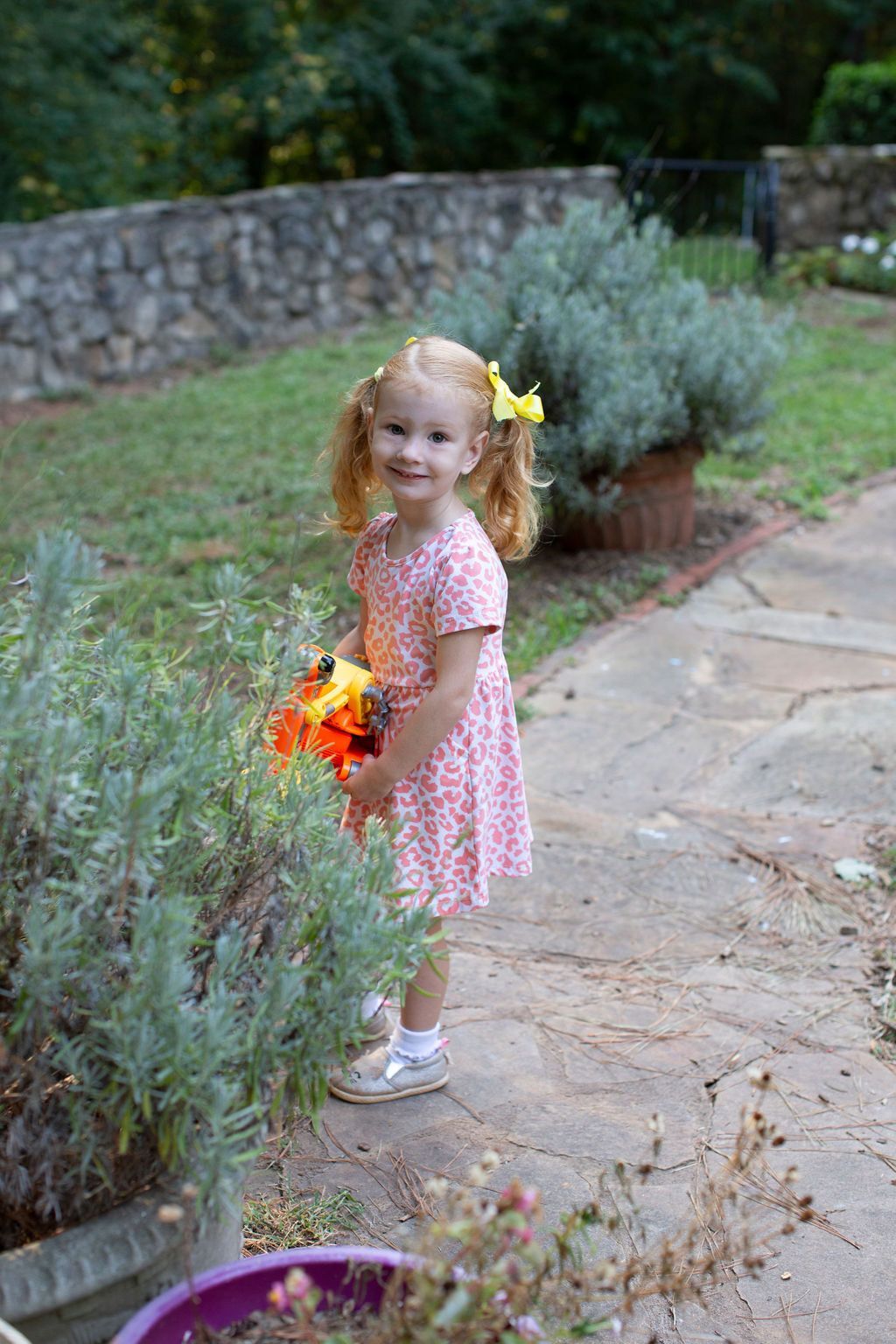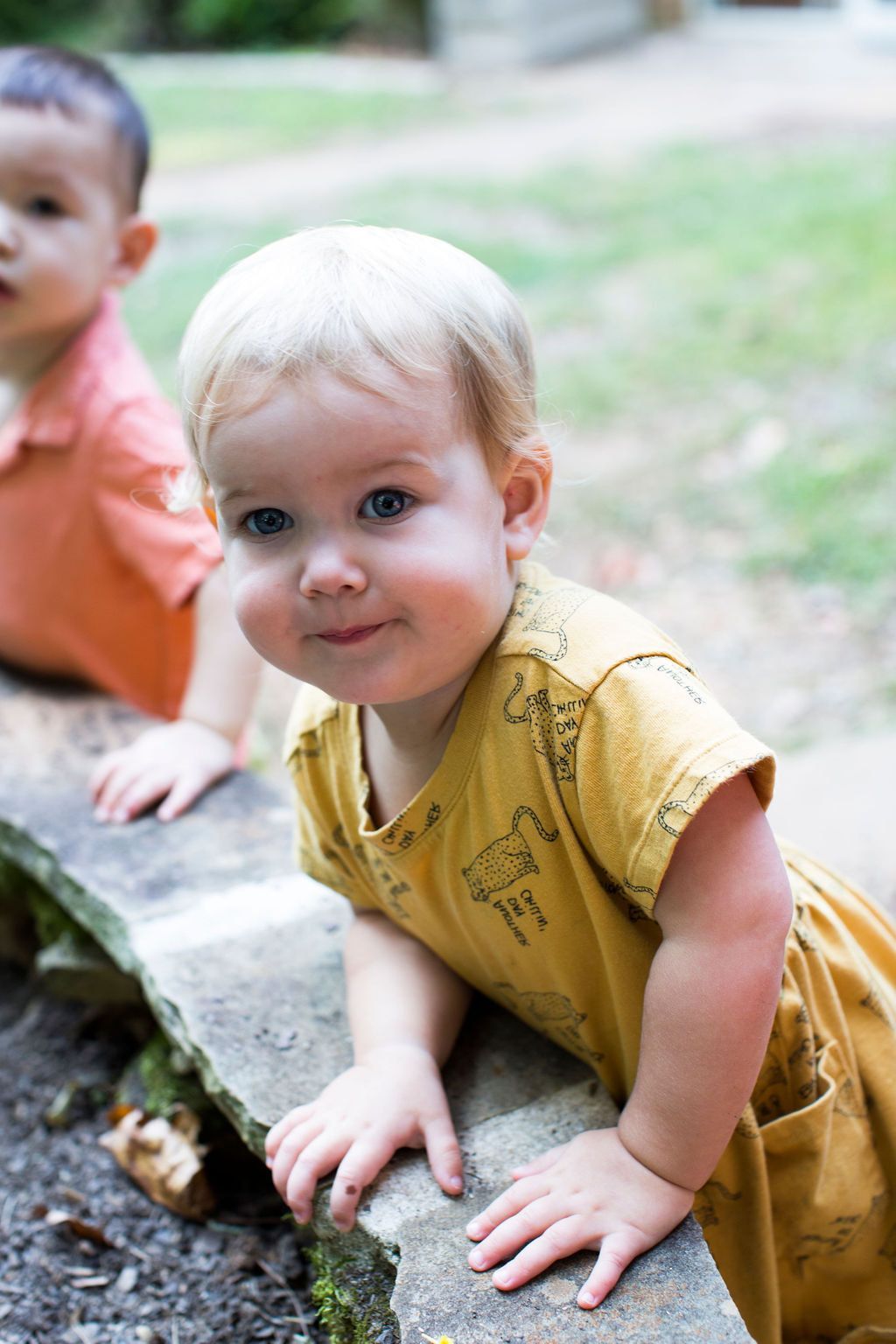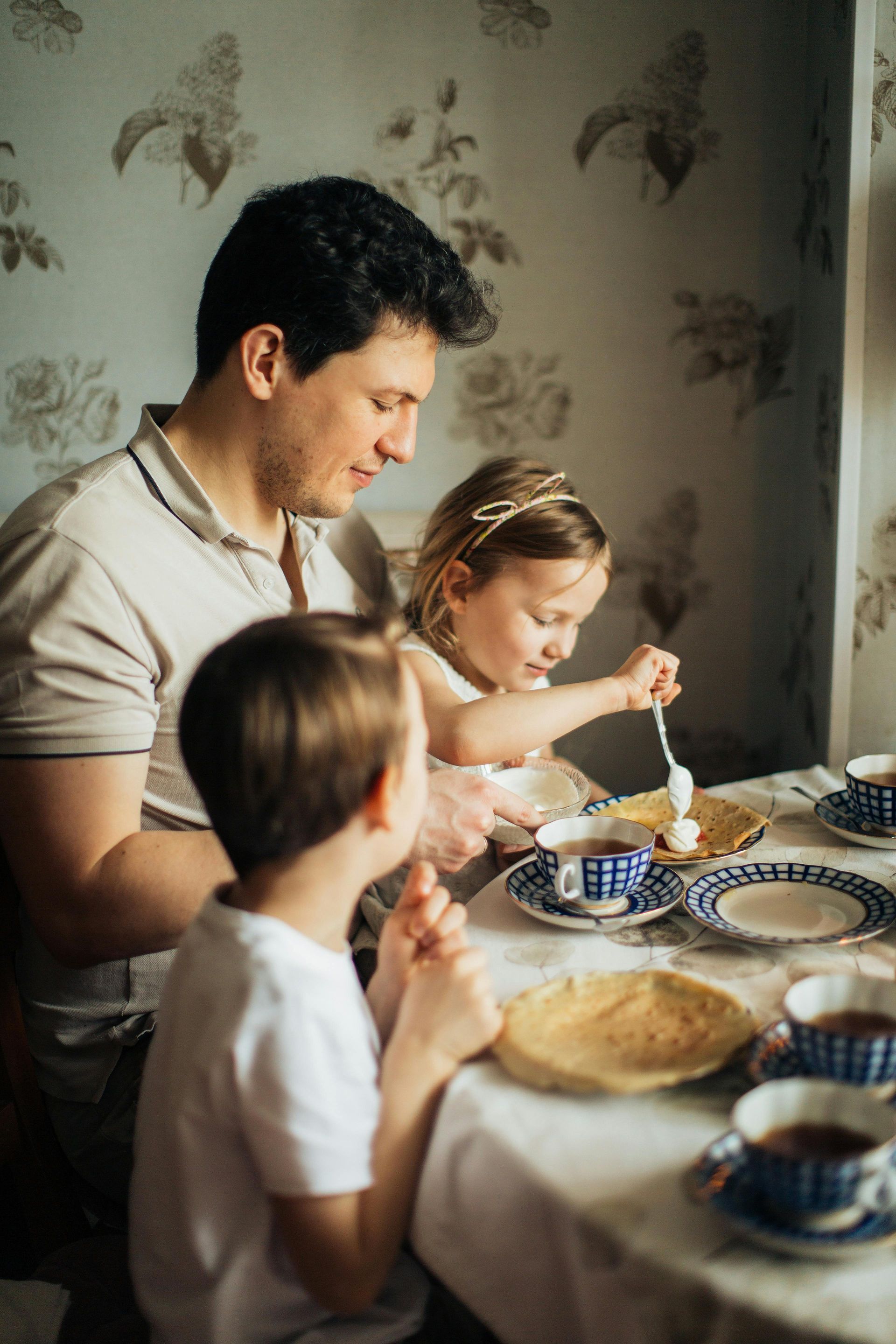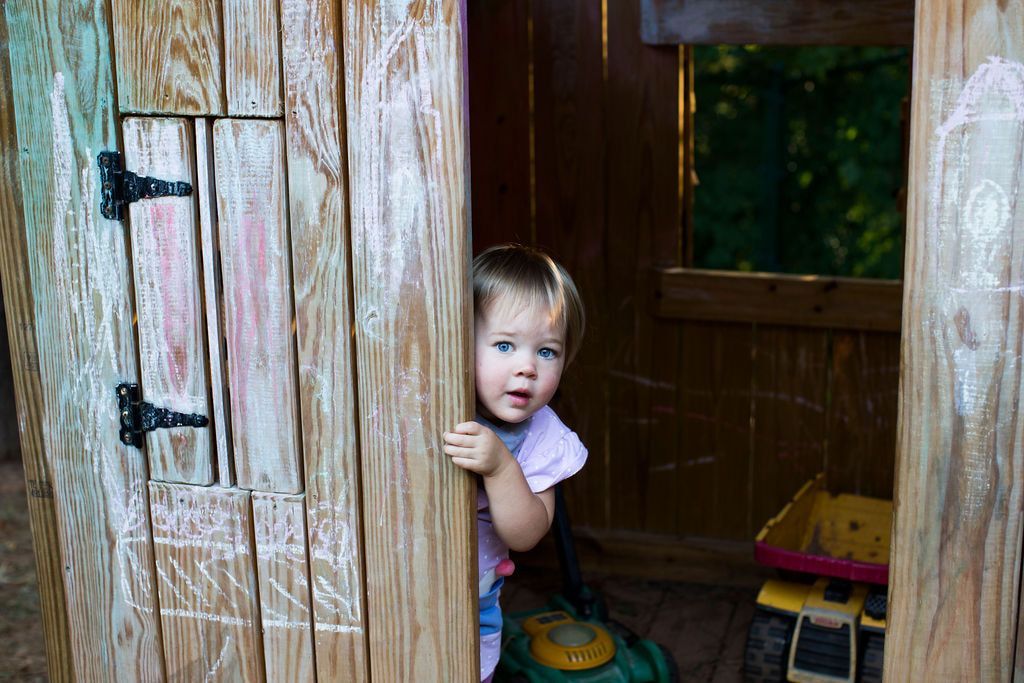
Is it really worth it?
I mean, why should you spend the time, effort and money to find an authentic Montessori program for your child? Wouldn’t it be easier to just find a good, basic preschool
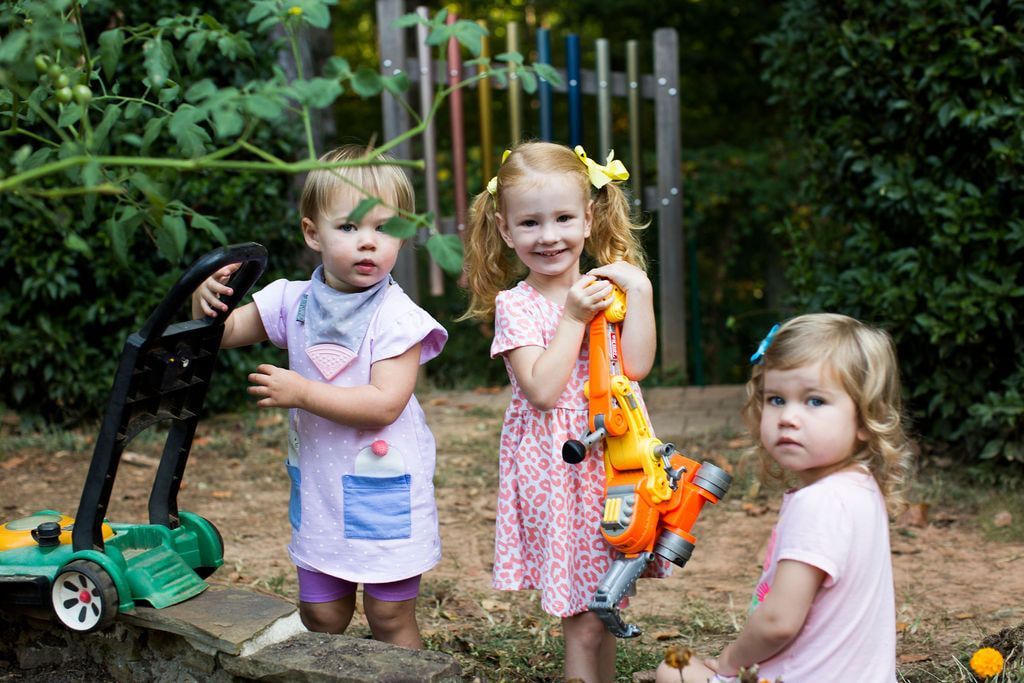
For me, the answer is easy - enrolling my children in a Montessori program was one of the best decisions I made as a parent. But, then again, I am a bit biased!
For most parents, however, the question remains: “What will my child really get out of attending a Montessori school?” I’m going to go out on a limb - my guess is that you did not attend a Montessori school when you were a child.
This isn’t a problem, of course. You turned out just fine. But, as you consider early education options for your child, your own educational experiences can make the decision a bit difficult.
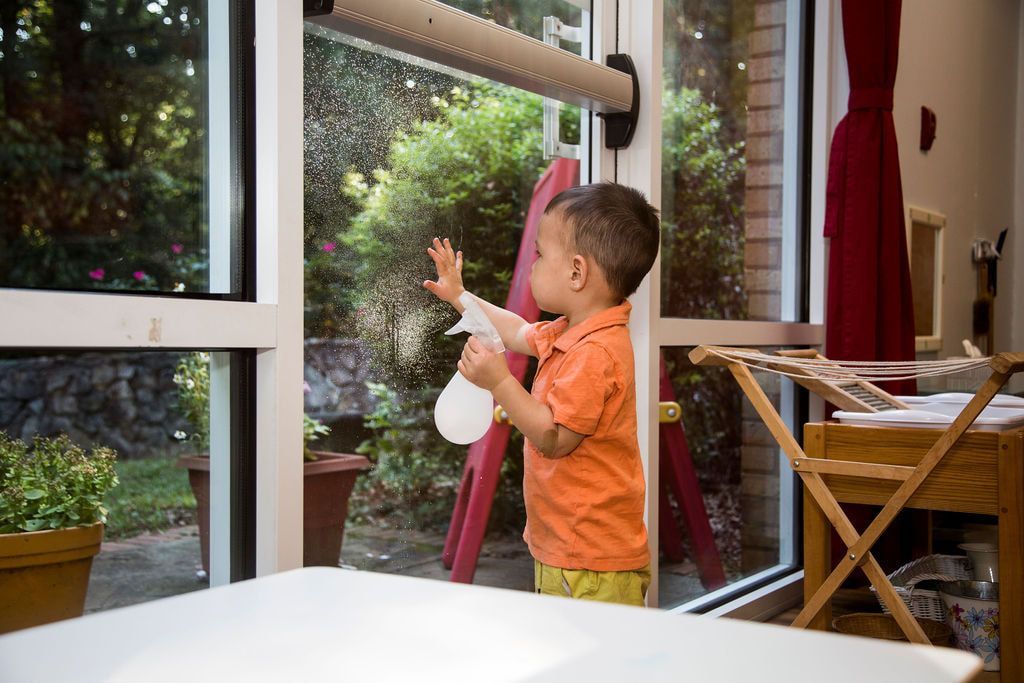
At first glance, Montessori classrooms don’t look familiar to most people. There are no rows of desks, no blackboards and no teaching to the entire class. Parents are often intrigued by the peaceful, calm environment and the hum of activity, with young children choosing their own activities and concentrating deeply for long periods of time.
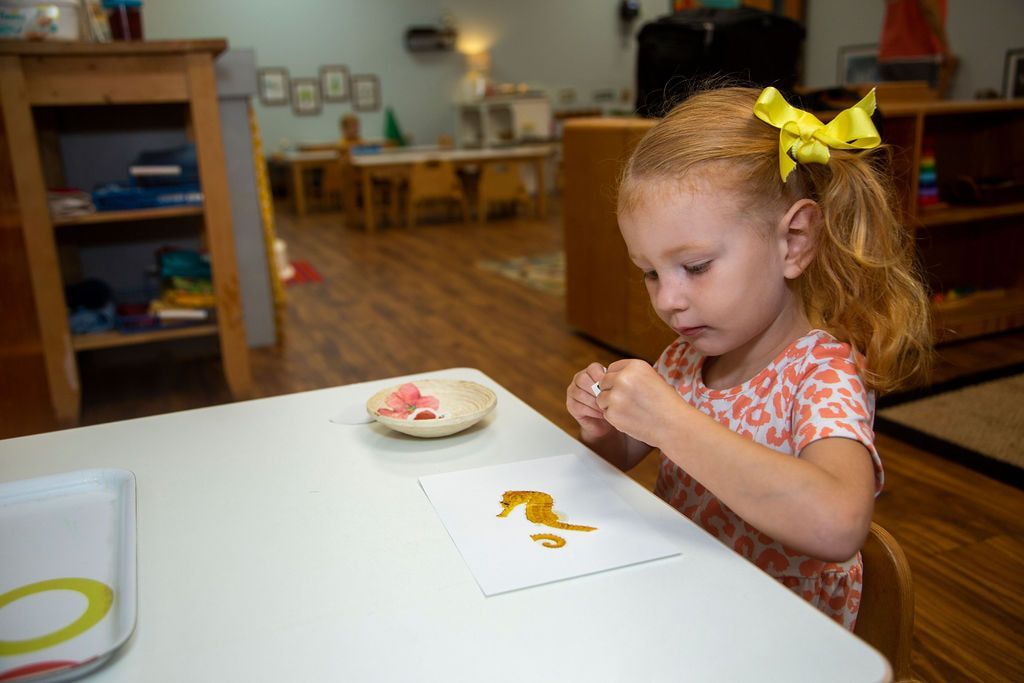
Montessori is so different, however, from traditional programs that it’s natural to leave a bit perplexed. I mean, what is really going on here? In a conventional pre-school, your child will focus on “pre-reading and pre-math” with workbooks, flash cards and rote memorization. Think ABC and 1-2-3.
In a conventional school, your child will need to adjust to the schedule of a traditional school, so they have activities where everyone does this same thing at the same time. Think group art projects where your child will learn to color within the lines.
In a conventional school, your child will need to learn how to pay attention to one teacher lecturing to the group. Think long circle times with one teacher talking to all the children together.
There is nothing wrong with this, of course. In a Montessori classroom, however, we believe your child deserves an education that focuses on all aspects him as a human being.
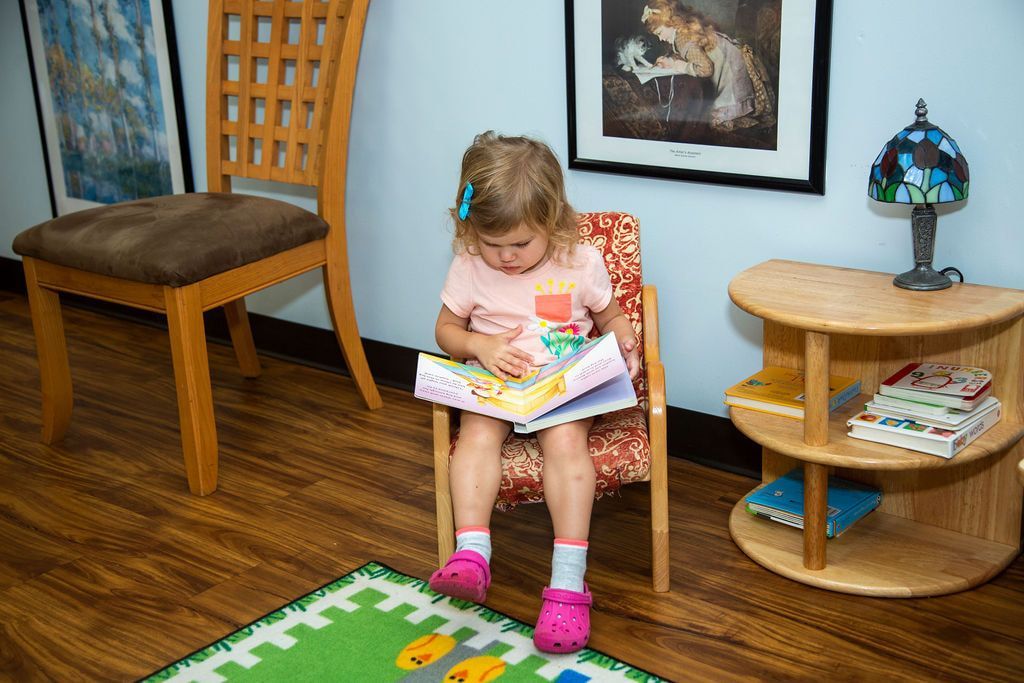
How Montessori is Different: A Three Word Answer
Education for Life
Rather than just preparing your child for the next step in school, we seek to support his academic, social, emotional, intellectual and spiritual development. We want him to be successful at life in the future, not just in kindergarten.
Take a second to imagine your child twenty years from now. What skills will he need to be successful in college, his chosen profession and in life in general?
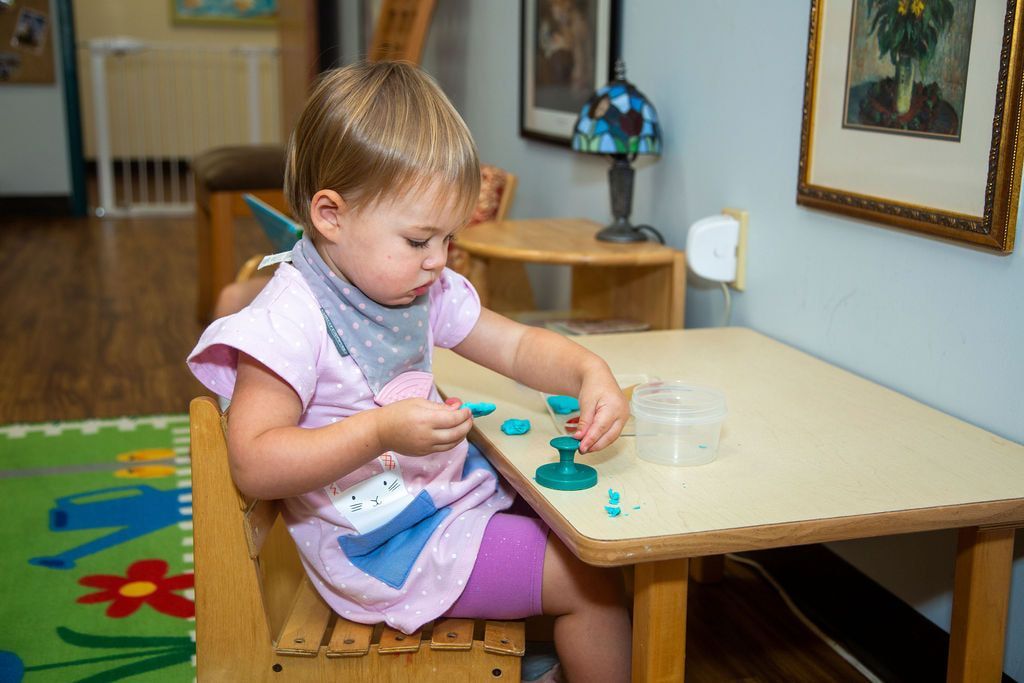
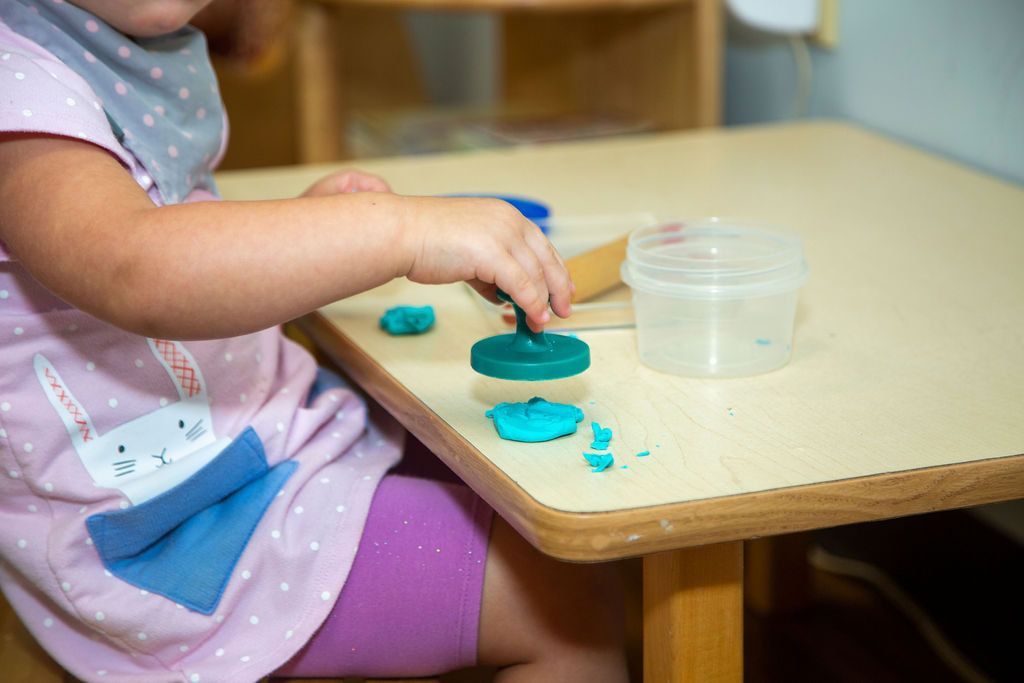
Here is a primer. He will need to:
- Know how to regulate his behavior
- Control his impulses
- Learn to plan and strategize
- Hone the ability to problem solve
- Learn to be flexible and course-correct when necessary
- Learn to take initiative
- Develop responsibility
- Engage in depth-based thinking requiring long periods of concentration
- Work collaboratively with peers on projects
Researchers who study the traits of successful adults coined the term for these skills:“executive functions”.
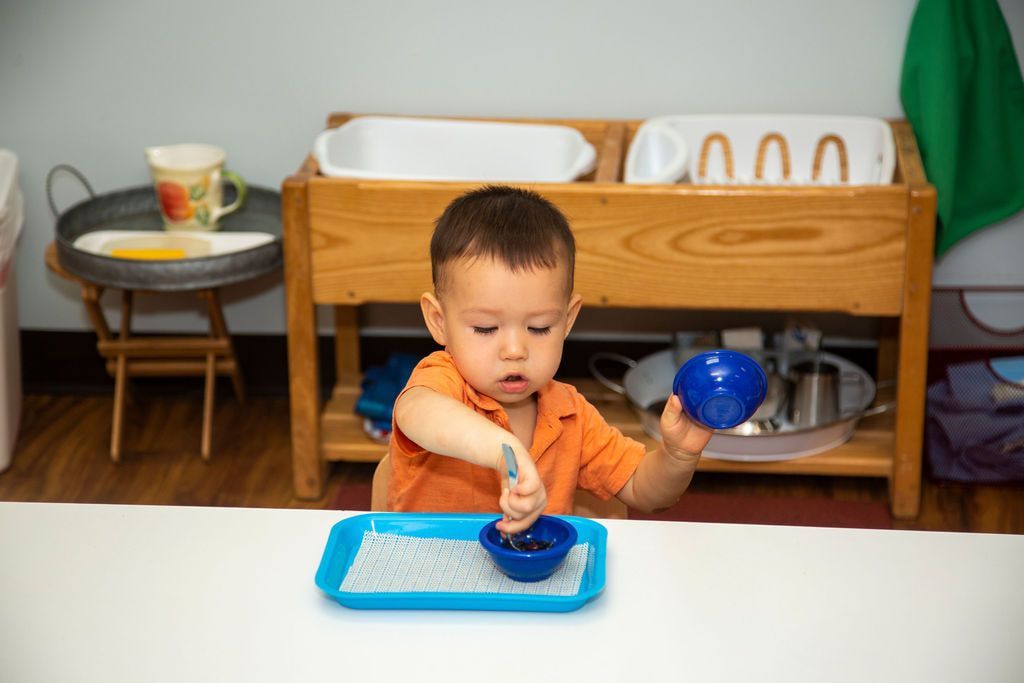
These executive function skills, that are so important to life’s success, must be continually developed, day in and day out, or else they will not materialize. They result from the way an activity is done and the time spent doing it – pushing oneself to do better and better.
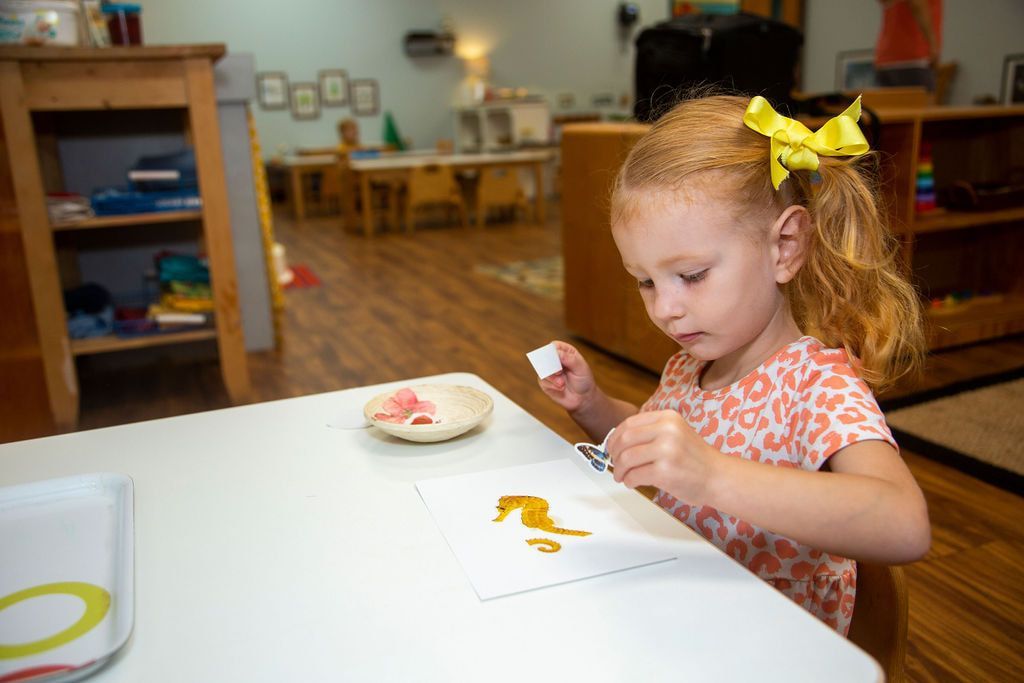
The Link Between Montessori and Executive Functions
Research comparing children attending Montessori schools with those attending traditional schools was conducted by University of Virginia professor, Dr. Angeline Lillard, and was published in the prestigious journal, Science, in September 2006.
The result?
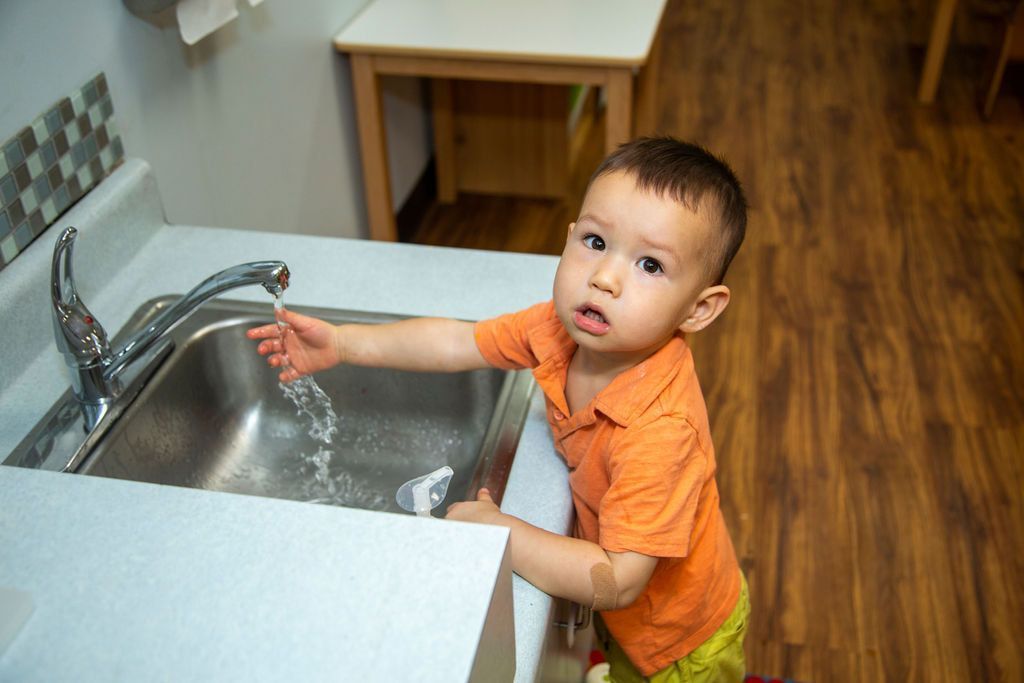
Montessori students rated higher on “executive function skills”- skills like selective attention, self- control, problem solving, reasoning and not getting into trouble.
On behavioral and social tests, 5 year old Montessori children scored higher than their peers from conventional schools, showing that they had a greater sense of fairness and justice; out on the playground, they were more likely to engage more in emotionally positive play with their peers and less in rough housing.
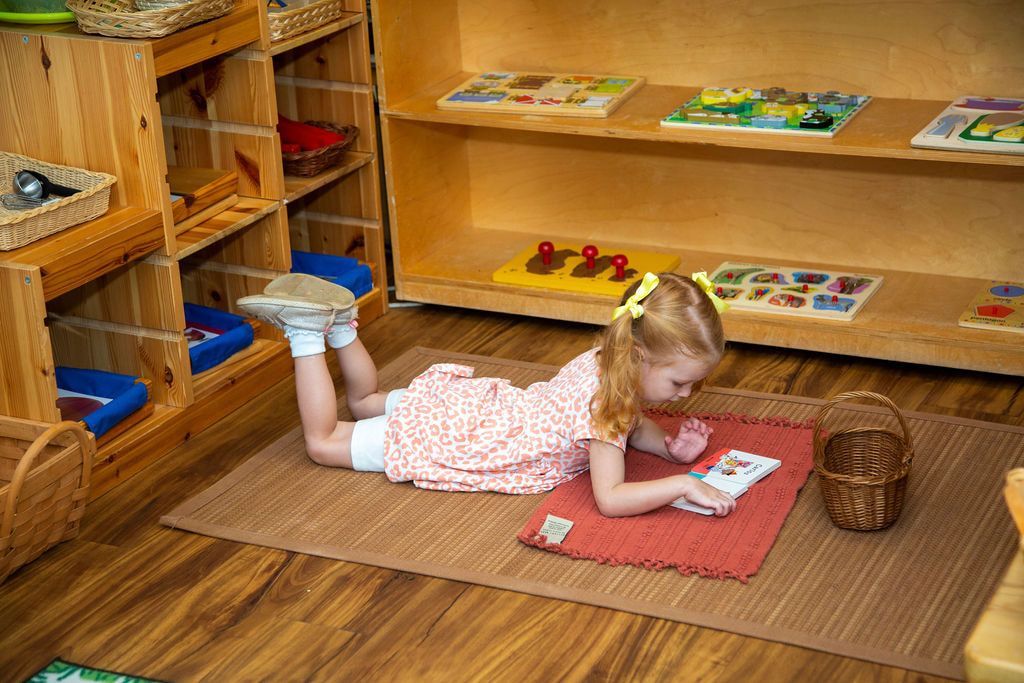
And, yes, your child will still be ready academically for elementary school, whether in Montessori or any other program. The same study found that among the 5 year olds who were studied, Montessori children were prepared to enter first grade with strong reading and math skills. Additionally, the executive function skills gained in a Montessori environment assist the child in making the transition to first grade.
The Choice is Yours
Is Montessori worth it? You decide. You, as the parent, are charged with raising your child in the best way you see fit. What do you value? What kind of adult do you want your child to become? There are a multitude of options available to you. Only you can decide what is the best fit for your family.
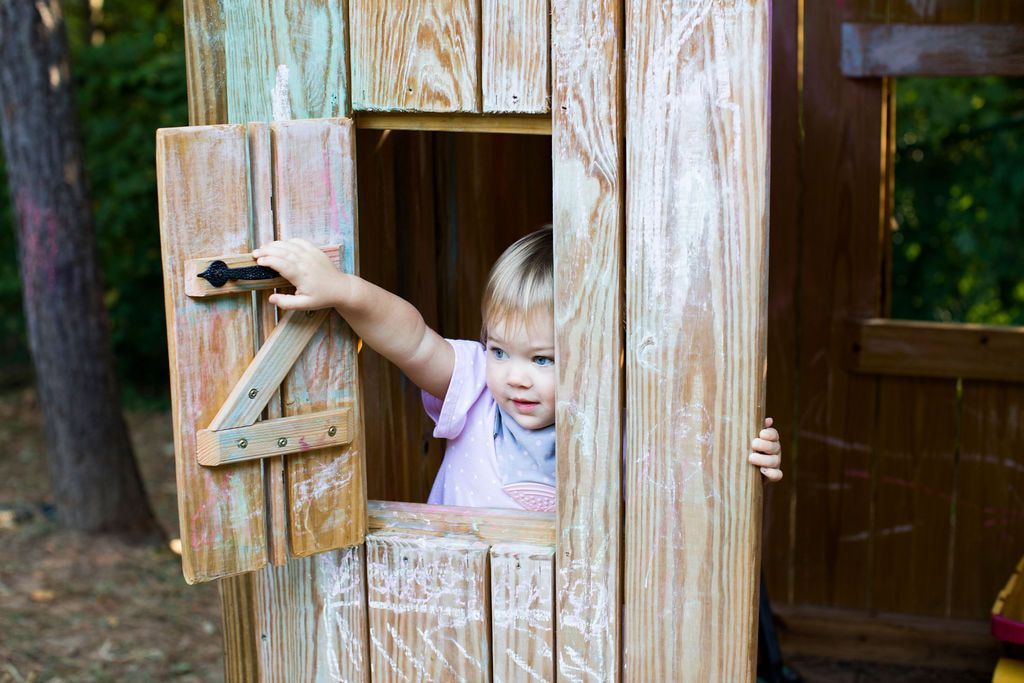
We invite you to come tour our school, speak with our director, and see for yourself the Montessori difference. We still have a few spaces available for Fall 2019. Don't miss this extraordinary opportunity! Email us now to set up your personalized tour or visit our online scheduling tool. We can't wait to meet you!
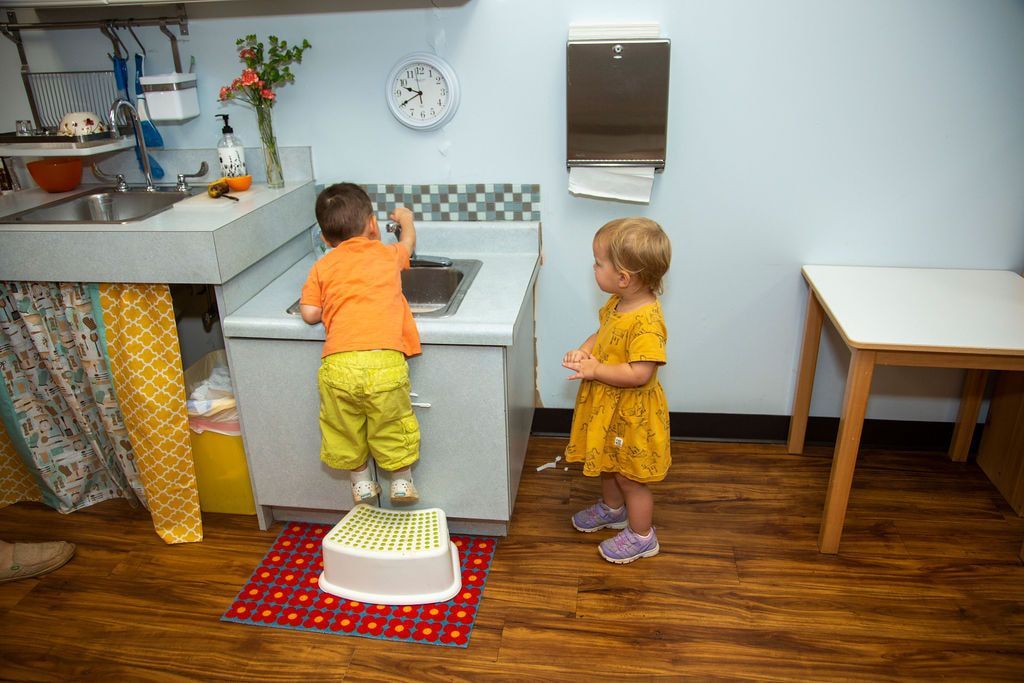
All photos in this post are courtesy of Meg Porter Photography. Thank you Meg, for capturing these beautiful images from the first days of school in the Toddler Class.



